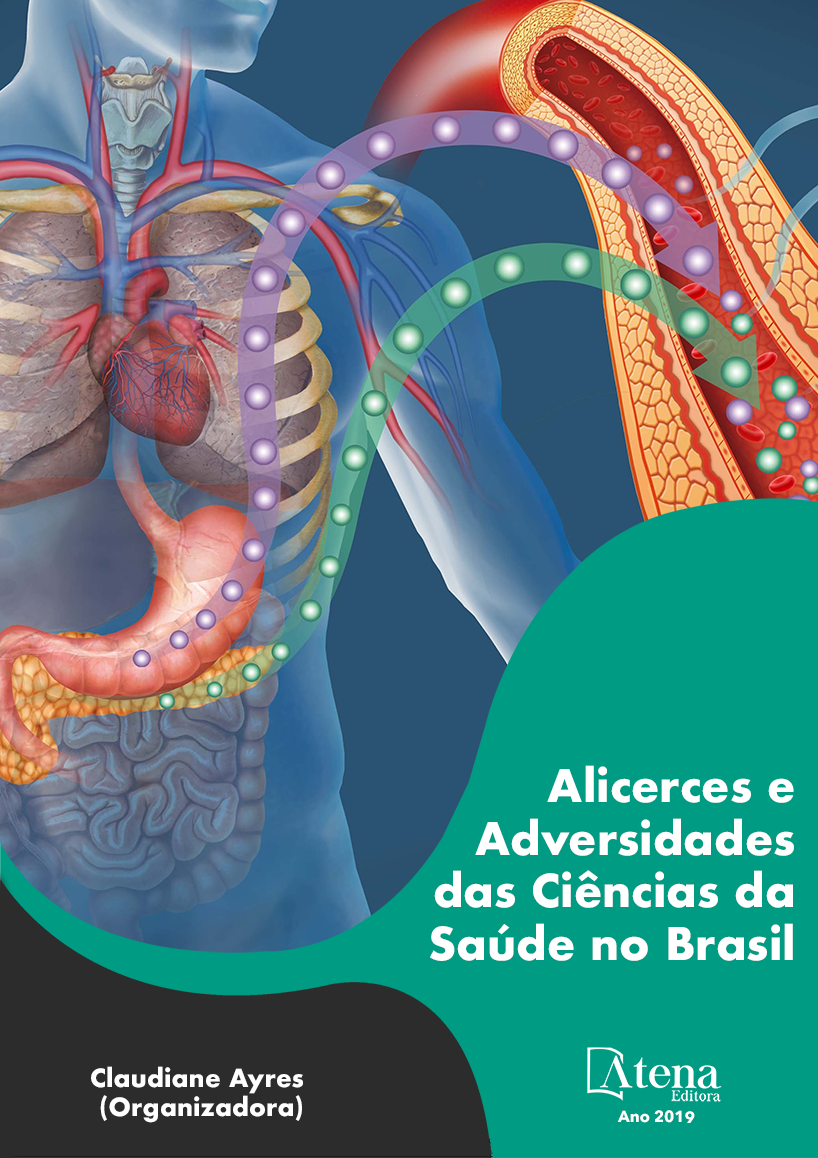
Quedas em Idosos:Riscos,Ocorrências, Consequências e Prevenção- Revisão de Literatura
O envelhecimento
traz alterações físicas, cognitivas, funcionais
e sociais, gera alguns problemas comuns a
população idosa, como as quedas. Objetivo:
Descrever a partir da literatura científica, os
riscos, as ocorrências, as consequências e
a importância da prevenção de quedas em
idosos. Metodologia: Trata-se de um estudo
bibliográfico, de natureza descritiva, no qual
buscou-se, nas bases de dados eletrônicos,
artigos que apresentassem os principais e mais
efetivos riscos, ocorrências, consequências e
a prevenção de quedas em idosos. Utilizouse os seguintes descritores: acidentes por
quedas, idosos e prevenção de quedas. Os
artigos identificados pela estratégia de busca
foram avaliados, de forma independente,
pelas pesquisadoras (autoras), obedecendo
rigorosamente aos critérios de inclusão: texto
na íntegra, tempo de busca (sem delimitação),
população-alvo (idoso), tipo de estudo (sem
delimitação) e idioma (português, inglês e
espanhol). Resultados: Associando-se os
termos de busca, foram encontrados 36
artigos, desses nove foram selecionados para
análise. Ressalta-se que, em geral, os idosos
caem ao realizarem atividades rotineiras.
As quedas podem ser causadas por fatores
intrínsecos, ou seja, decorrentes de alterações
fisiológicas relacionadas ao processo de
envelhecimento, a doenças e efeitos causados
por uso de fármacos e extrínsecos, atribuídos
aos fatores que dependem de circunstancias
sociais e ambientais criando desafios ao
idoso. Conclusão: Tomando por base esses
achados, sabe-se que pequenas modificações
no ambiente podem evitar o risco de cair e as
complexidades geradas pelas quedas. Assim,
torna-se fundamental que profissionais da
saúde e educação estejam envolvidos com
essas questões, as quais influenciam, na
qualidade de vida das pessoas idosas.
Quedas em Idosos:Riscos,Ocorrências, Consequências e Prevenção- Revisão de Literatura
-
DOI: 10.22533/at.ed.72019021031
-
Palavras-chave: Envelhecimento; Idosos; Prevenção; Quedas
-
Keywords: Aging; Seniors; Prevention; Falls.
-
Abstract:
Aging brings physical, cognitive, functional and social
changes, generates some problems common to the elderly population, such as falls.
Objective: To describe, from the scientific literature, the risks, the occurrences, the
consequences and the importance of the prevention of falls in the elderly. Methodology:
This is a bibliographic study, of a descriptive nature, in which electronic articles were
searched for articles that presented the main and most effective risks, occurrences,
consequences and prevention of falls in the elderly. The following descriptors were
used: fall accidents, the elderly and the prevention of falls. The articles identified by
the search strategy were independently evaluated by the researchers (authors), strictly
adhering to the inclusion criteria: full text, search time (without delimitation), target
population (elderly), type of study ( without delimitation) and language (Portuguese,
English and Spanish). Results: By associating the search terms, 36 articles were
found, of which nine were selected for analysis. It is emphasized that, in general, the
elderly fall when performing routine activities. Falls can be caused by intrinsic factors,
that is, due to physiological changes related to the aging process, diseases and effects
caused by the use of drugs and extrinsic, attributed to factors that depend on social and
environmental circumstances creating challenges for the elderly. Conclusion: Based
on these findings, it is known that small modifications in the environment can avoid the
risk of falling and the complexities generated by falls. Thus, it is essential that health
and education professionals are involved with these issues, which influence the quality
of life of the elderly.
-
Número de páginas: 15
- Rosane Seeger da Silva
- Leatrice da Luz Garcia
- Roselene da Silva Souza


